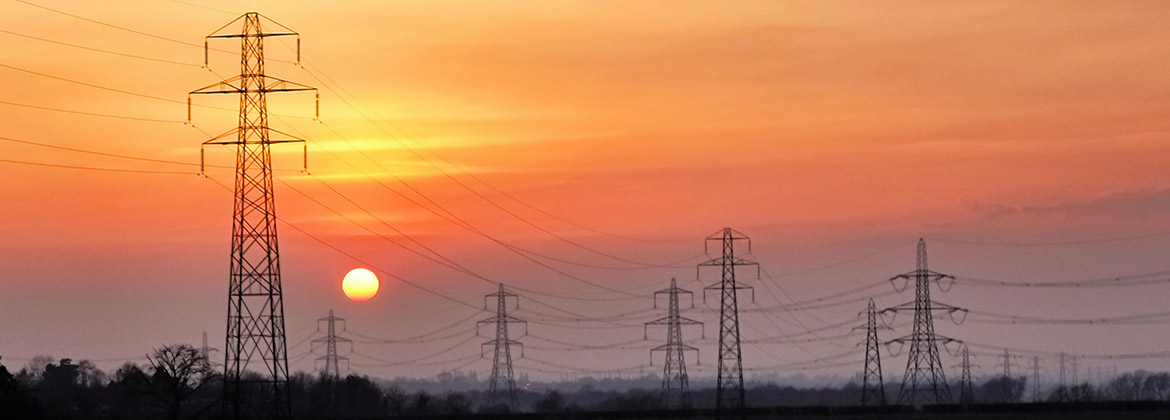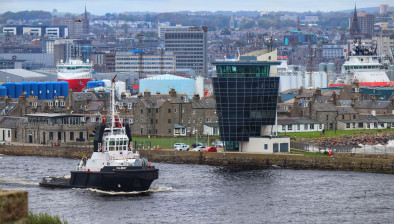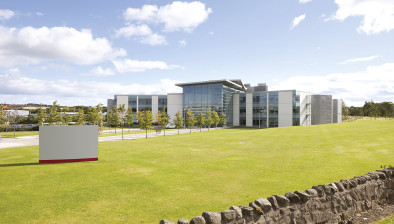Scots in favour of new pylons to meet net zero ambitions

There is enthusiastic support across Scotland for building the transmission infrastructure the UK requires to reach net zero, according to new polling released by the Aberdeen & Grampian Chamber of Commerce.
The survey, carried out by polling company Survation, shows net support by 57% of the Scottish population for new electricity pylons to distribute clean energy across the country – with only 16% of people, less than one in five, opposed.
When asked whether they would be more or less likely to support the rollout of new transmission infrastructure if there was community benefit offered to local residents through compensation, people support such a suggestion by a factor of five-to-one.
Looking at the voice of local communities in the delivery of national infrastructure, the Scottish public on balance recognises their importance in decision-making. However with almost 40% of respondents to this question having no view either way on the issue, it suggests that there is either considerable ambivalence or limited understanding of the community’s role in how large-scale electricity transmission projects are deployed.
Commenting on the results, Aberdeen & Grampian Chamber of Commerce chief executive Russell Borthwick said: “These findings show that the overwhelming majority of people across Scotland understand the scale of the challenge ahead.
“Energy transition, the deployment of renewables projects onshore and offshore and the need to get clean power to market is going to require an almighty effort from industry, government, our energy workforce and communities throughout Scotland the UK.
“The public at large back that net zero vision and support the building of the infrastructure required to get us there. Meanwhile, fewer than one in five Scots are opposed to this endeavour.
“It is, of course, vitally important to bring communities with us on that journey.
“Those companies at the forefront of delivering net zero generally are, and must continue to be, mindful of their neighbours, minimising environmental impacts wherever possible and ensuring that sustainable benefits are created for the long term in partnership with communities.
“Balancing these concerns with a national imperative to deliver net zero won’t always be straightforward, but it’s absolutely vital that we get it right, so that Scotland can continue to be a world leader in clean energy – creating job opportunities and growing our economy in the process.”















